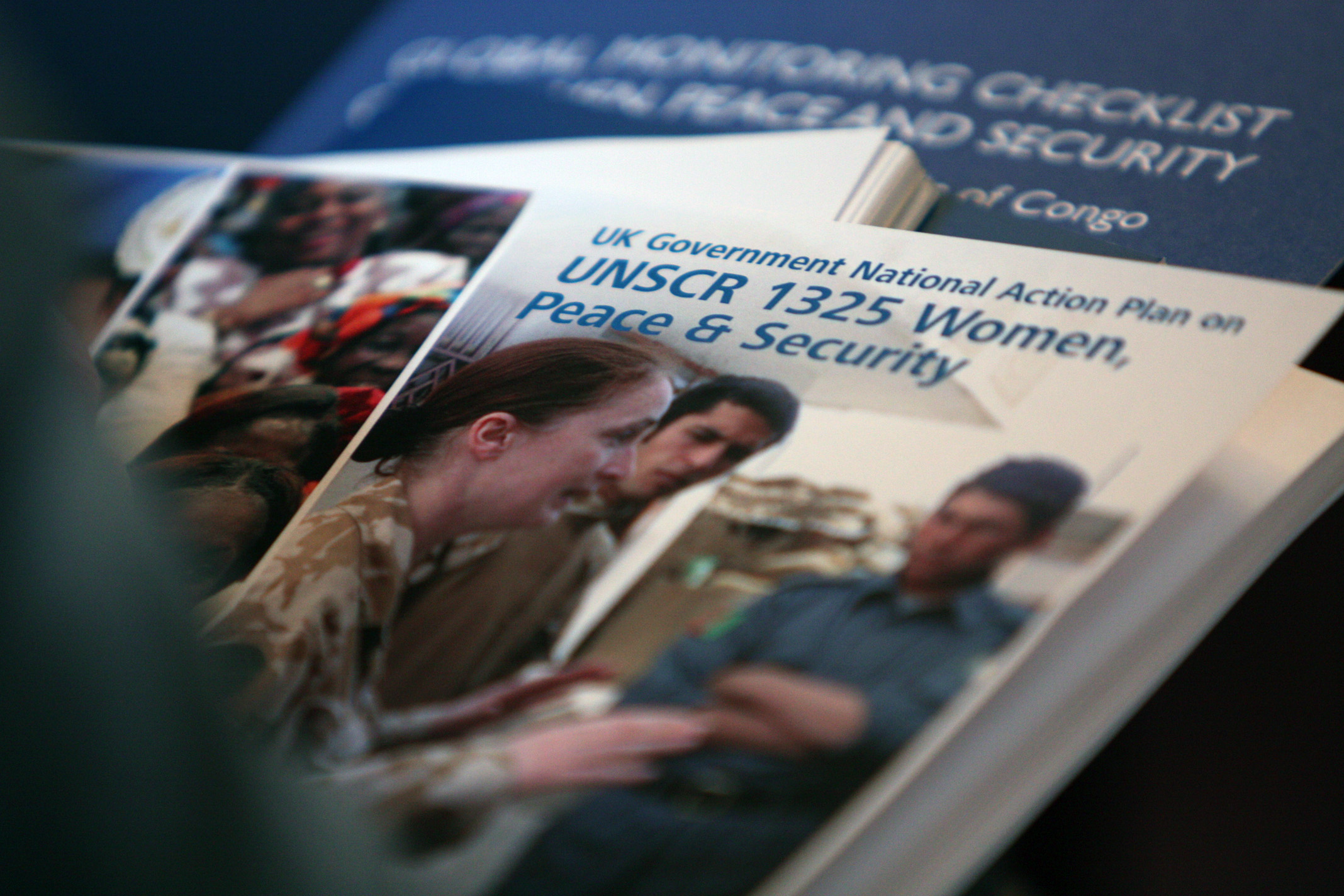By: Opher Moses
As news about the Arab spring has kept markets fairly distracted in the last couple of months, it is inevitable that we finally find ourselves asking an old question. What will happen to the Euro? Time has finally run out for Greece and according to its Deputy Finance Minister, Filippos Sachinidis, so will its money by October. This time around there is no talk of a bail-out as Greece’s default risk jumped to 98%. What makes things worse is that Greece is not alone as Portugal, Italy and Spain follow closely behind.
The bigger question is what will happen to Greece if it defaults? “The talk of Greece being booted out of the eurozone will probably escalate,” opines Marc Ostwald, foreign exchange strategist at Monument Securities in London. “Once it’s defaulted, and given the likelihood of a seismic impact, I can’t really see anything else happening.” There is however no mechanism in the European treaty that allows a country to be forced out, so the onus is on Greece. “There’s really no exit clause written into these things. This was supposed to last forever,” said Michael Gregory, senior economist with the Bank of Montreal Capital Markets. Mr. Ostwald also noted that “this is where it becomes inordinately complicated. Will they be pushed or will they go of their own accord? I think it’s a little bit academic.” If Greece refuses to leave then it might be encouraged to come up with a re-structuring plan its public would accept. Mr. Ostwald pessimistically notes however, that “Tax avoidance is like a culture in Greece and this is the frustration of other countries.”
Regardless of whether Greece breaks away or not, its probable collapse will certainly rattle world markets well outside the Eurozone. “The big worry we have around the world is the contagion effect. Not so much through other countries defaulting but through the global banking system. That’s where the vulnerabilities lie,” Mr. Gregory said. Peter Morici, a professor at the Robert H. Smith School of Business at the University of Maryland, said a Greek default may be manageable on its own but it may not end there. “What happens if you have several defaults? Will the European Central Bank be able to put $2-trillion on the books of the European banks the way the Federal Reserve put it on the books of U.S. banks? I don’t think they can.”
Those holding Greek government debt through bonds, however, are not likely to recover much of their investment if the country defaults. “Recovery rates in a debt default never tend to be much more than 35% to 40%,” Mr. Ostwald said. Meanwhile, Italy is holding talks with China and asking it to make ‘significant’ purchases of Italian debt in order to avoid a crisis of its own. As the largest foreign holder of US debt in the world it will be interesting to see how much appetite for risk exists in Chinese markets. Beijing has its own worries, such as soaring inflation, a predicted housing bubble and an overheating economy.
These are definitely trying times for Greece and the entire Eurozone; and what happens in the following weeks can not only change the financial landscape of the world but also the political.
Further Reading: Greece’s risk of default increases to 98% as European debt crisis deepens; Pondering a big fat Greek divorce; Italy asks China to buy its bonds; What happens if Greece defaults?; China tells U.S it must ‘cure its addiction to debt’
Disclaimer: Any views or opinions expressed in this article are solely those of the author and do not necessarily represent those of the NATO Council of Canada.



